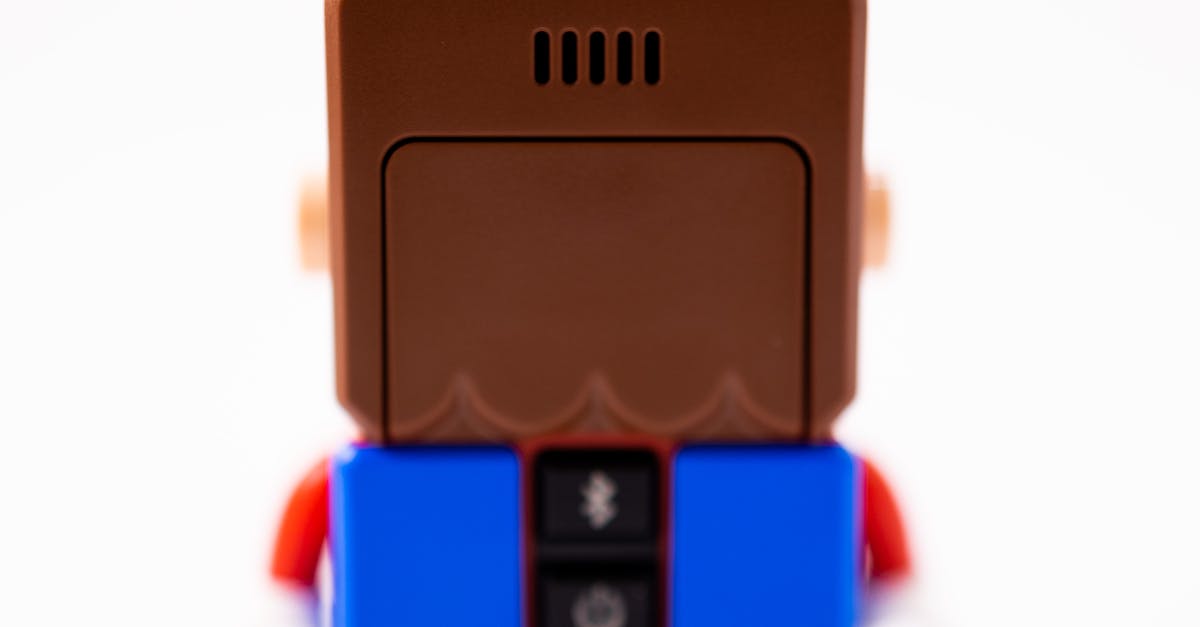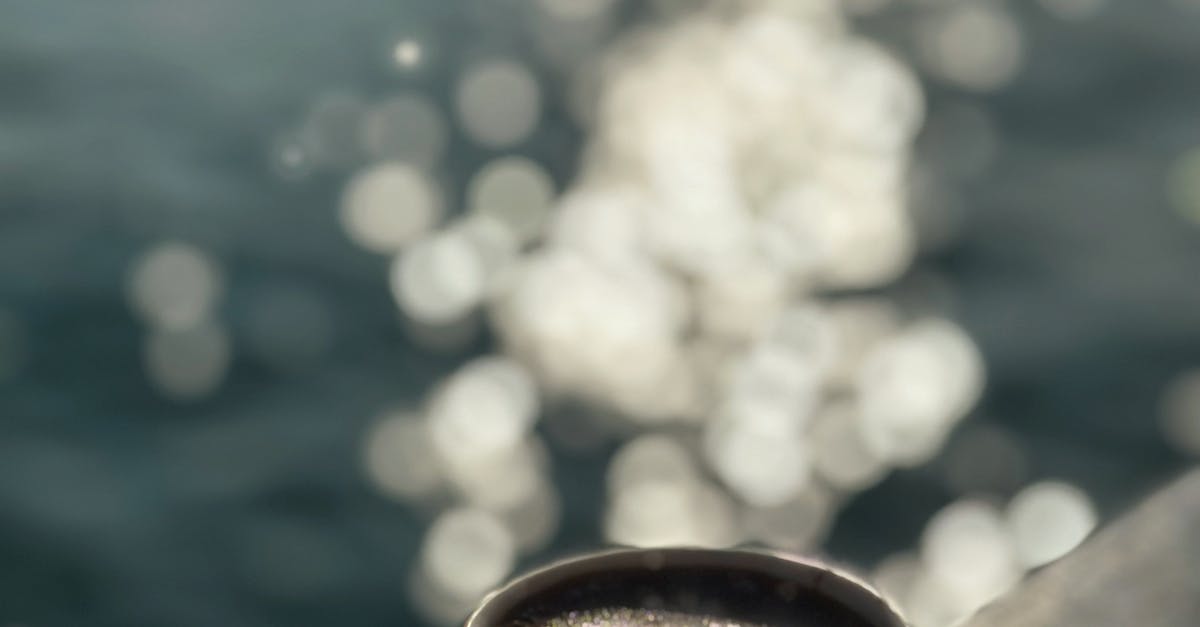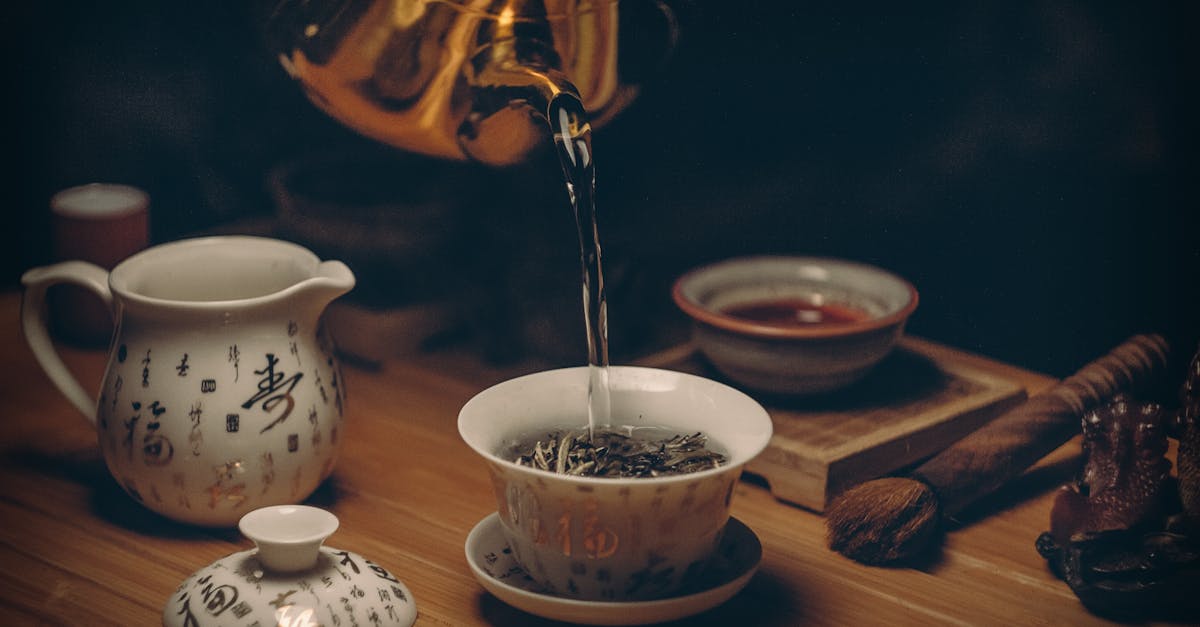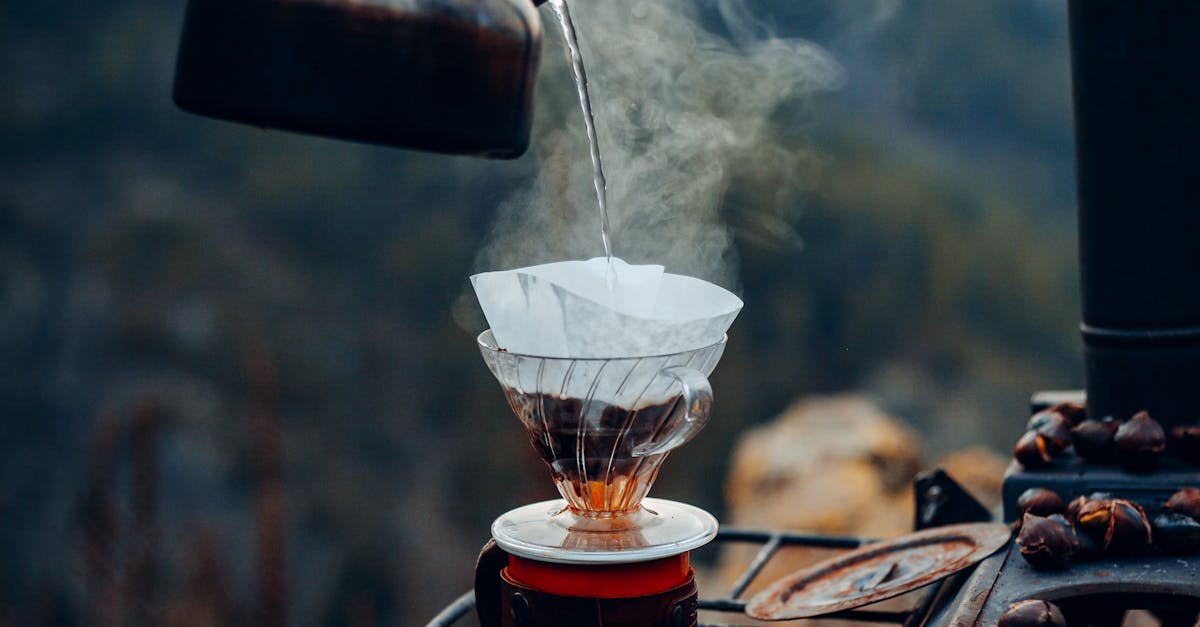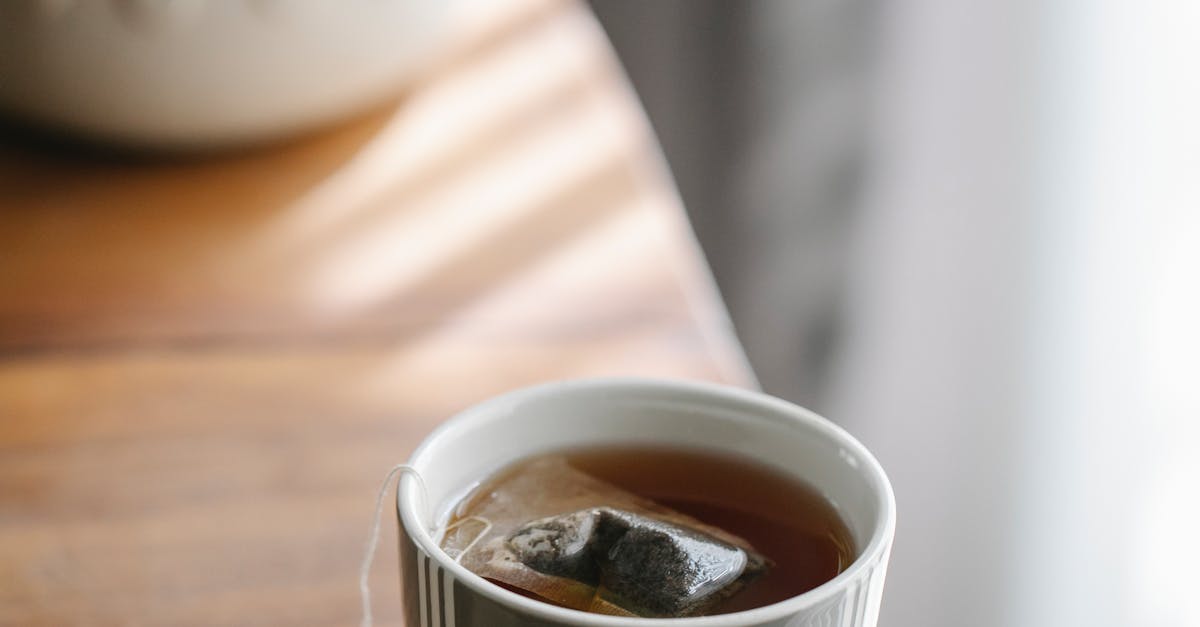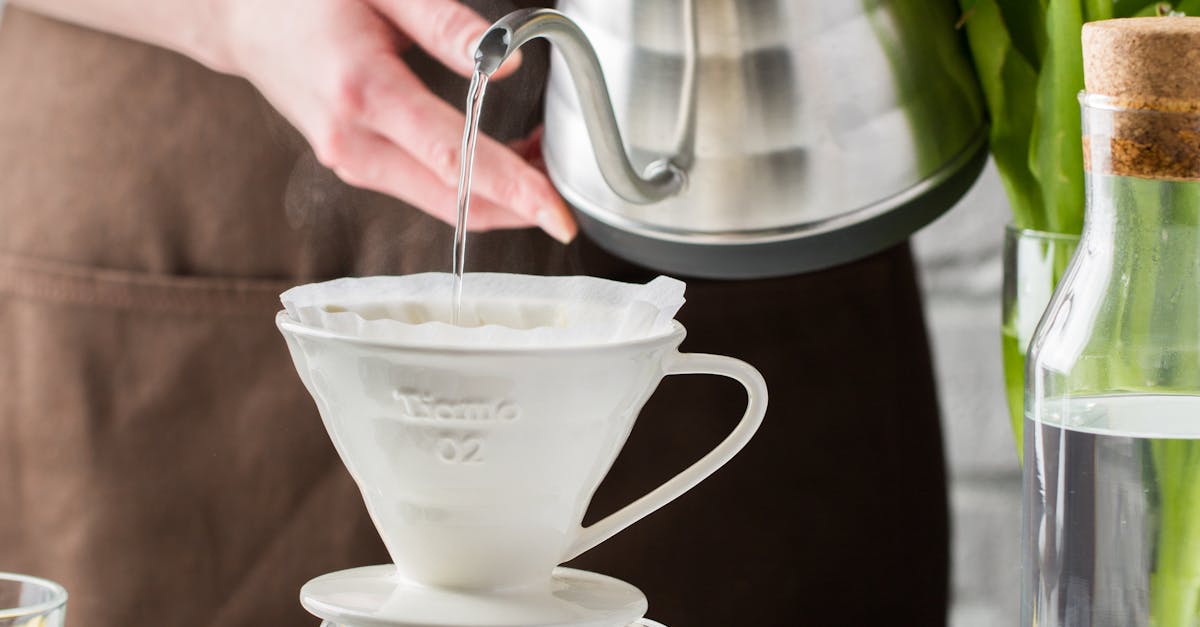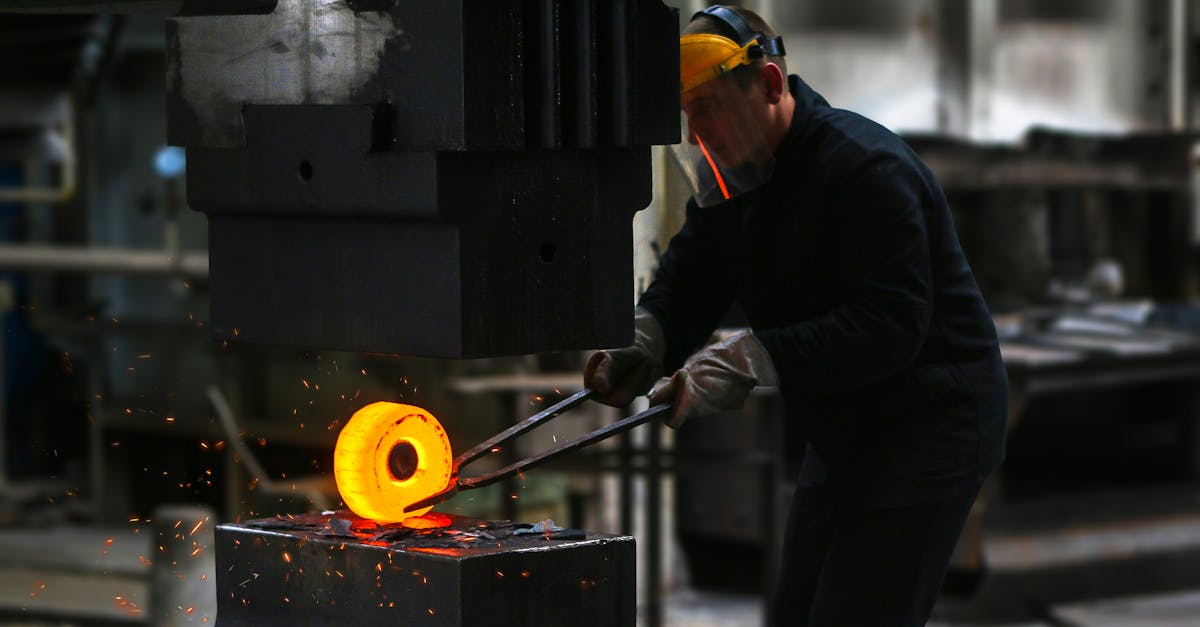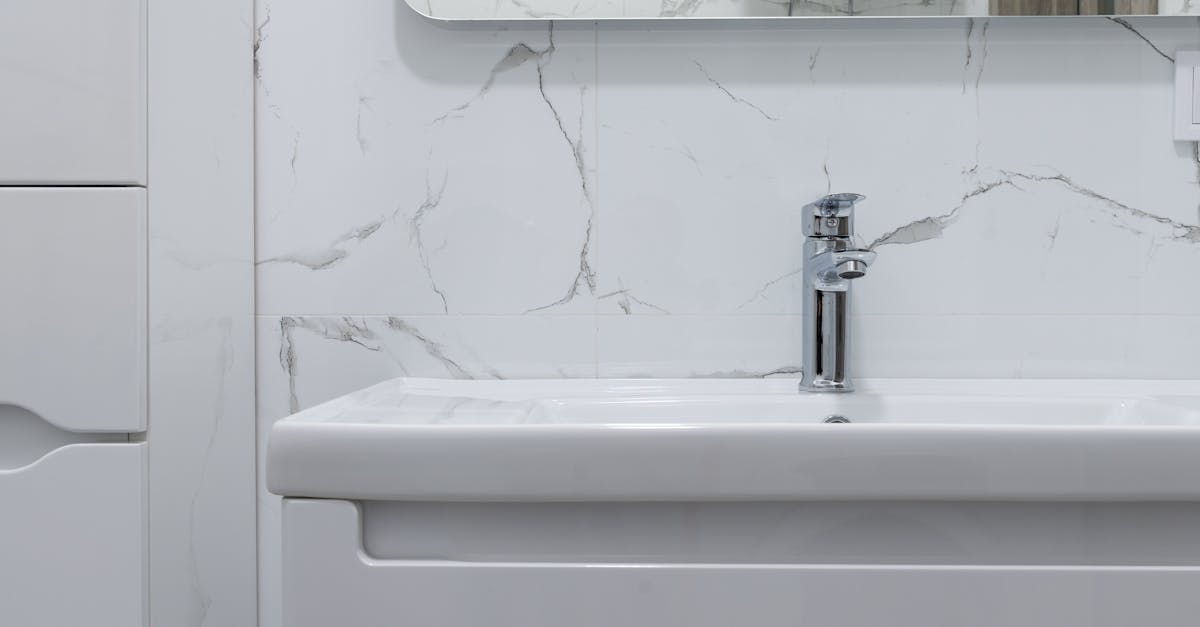
Table Of Contents
How to Safely Use Drain Unblockers
When using drain unblockers, it is crucial to follow the manufacturer's instructions closely. Each product may have specific guidelines regarding application amounts, waiting times and safety precautions. Protecting your skin and eyes from contact with the chemicals is essential. Wearing gloves and safety goggles can help minimise the risk of irritation or burns during the process. Ensure proper ventilation in the area when using these products to avoid inhaling any toxic fumes.
Drain cleaning can often be a straightforward process, but it requires attention to detail. Always avoid mixing different chemicals, as this can lead to dangerous reactions. After applying a drain unblocker, allow sufficient time for it to work. If the blockage persists, refrain from adding more product until consulting the instructions again. Regular maintenance and preventive measures are also advisable to minimise future blockages and reduce reliance on heavy-duty chemicals.
Essential Safety Precautions
When engaging in drain cleaning, it is essential to prioritise safety to prevent accidents or injuries. Always wear protective gear, including gloves and safety goggles, to shield your skin and eyes from potentially harmful chemicals. Ensure that the area is well-ventilated to minimise inhalation of strong fumes. Never mix different types of drain unblockers, as this can lead to dangerous chemical reactions.
Before using any drain cleaning product, carefully read the instructions and follow them precisely. Keep these substances out of reach of children and pets, as ingestion or contact can have serious consequences. If you encounter stubborn blockages, avoid excessive force with tools; this might cause damage to your plumbing system. Being cautious helps ensure a safer drain cleaning experience while maintaining the integrity of your home.
DIY Methods for Unblocking Drains
There are several effective DIY methods for drain cleaning that can help tackle minor blockages. A popular approach involves the use of baking soda and vinegar. Begin by pouring about one cup of baking soda down the drain, followed by a cup of vinegar. Allow the mixture to fizz and sit for about 30 minutes, then rinse with boiling water. This natural solution can break down grease and debris, making it a safe and environmentally friendly option.
Another method is using a plunger, which can create the necessary pressure to dislodge stubborn clogs. Ensure you have a proper plunger designed for sink drains, as it requires a solid seal for maximum effect. Place the plunger over the drain and pump it up and down several times before pulling it away. This can effectively remove blockages caused by hair, food particles, or soap scum, providing a simple yet powerful means of drain cleaning in your home.
StepbyStep Guide to Clearing Blockages
Begin by assessing the type of blockage you are dealing with. If the water is draining slowly, it may only require a simple fix. Use a plunger first, ensuring a tight seal around the drain. This method can often free minor clogging caused by hair or soap scum. For more stubborn blockages, drain cleaning chemicals can provide a stronger solution, but be cautious with their use to avoid damaging your pipes.
If the initial attempts do not resolve the issue, consider using a plumber’s snake. Insert the snake into the drain until you feel resistance, then turn the handle to break up and remove the blockage. After clearing the drain, flush it with hot water to ensure any remaining debris is washed away. Persistent problems might suggest deeper issues within the plumbing system that warrant professional attention.
When to Call a Professional
Recognising when to seek professional help is essential for effective drain cleaning. If you have attempted various DIY methods without success, it’s time to consider expert assistance. Persistent blockages, especially those accompanied by unpleasant odours or slow drainage, indicate underlying issues that may require specialised tools and techniques. Ignoring these signs can lead to further complications, including potential damage to your plumbing system.
Professional drain cleaning can also be beneficial if you frequently encounter blockages. This may signal a more serious problem, such as tree roots invading your pipes or significant build-up of debris. An expert can perform a thorough inspection and provide targeted solutions that are not only effective but can also prevent future issues. Choosing to consult a professional will ensure that your drainage system is restored to optimal condition.
Signs That Indicate Expert Help Is Needed
Certain indicators suggest that it's time to seek professional assistance for drain cleaning. If multiple drains in your home are slow to empty simultaneously, this may signal a blockage in the main sewer line rather than individual drain issues. Additionally, persistent foul odours coming from the drains often point to deeper problems that can require specialised tools and expertise to resolve.
Water backing up in unexpected places also warrants a call to a professional. This includes situations where wastewater flows back into sinks or tubs, which can create unhygienic conditions. Using store-bought unblockers might not address the root cause of such problems, making expert intervention essential for thorough drainage restoration.
FAQS
What is the strongest drain unblocker available?
The strongest drain unblockers typically contain powerful chemicals like sodium hydroxide or sulfuric acid, which can effectively dissolve tough clogs. However, brand effectiveness can vary, so it's advisable to read reviews and choose a reputable product.
Are chemical drain unblockers safe to use?
While chemical drain unblockers can be effective, they can also pose safety risks. It's essential to follow the manufacturer's instructions, use appropriate safety gear, and ensure proper ventilation when using these products.
Can I use a drain unblocker for all types of blockages?
No, not all drain unblockers are suitable for every type of blockage. For instance, some may work well on grease or hair clogs but may not be effective against solid objects. Always check the product label for specific uses.
How do I know if a drain unblocker is working?
Signs that a drain unblocker is working include the water starting to drain slowly or completely, the presence of bubbling or fizzing (especially with chemical unblockers), and a reduction in unpleasant odours.
When should I consider hiring a professional rather than using a drain unblocker?
If you experience recurring blockages, notice unusual smells, or if the blockage is severe and unresponsive to DIY methods, it's advisable to call a professional plumber for assistance.
